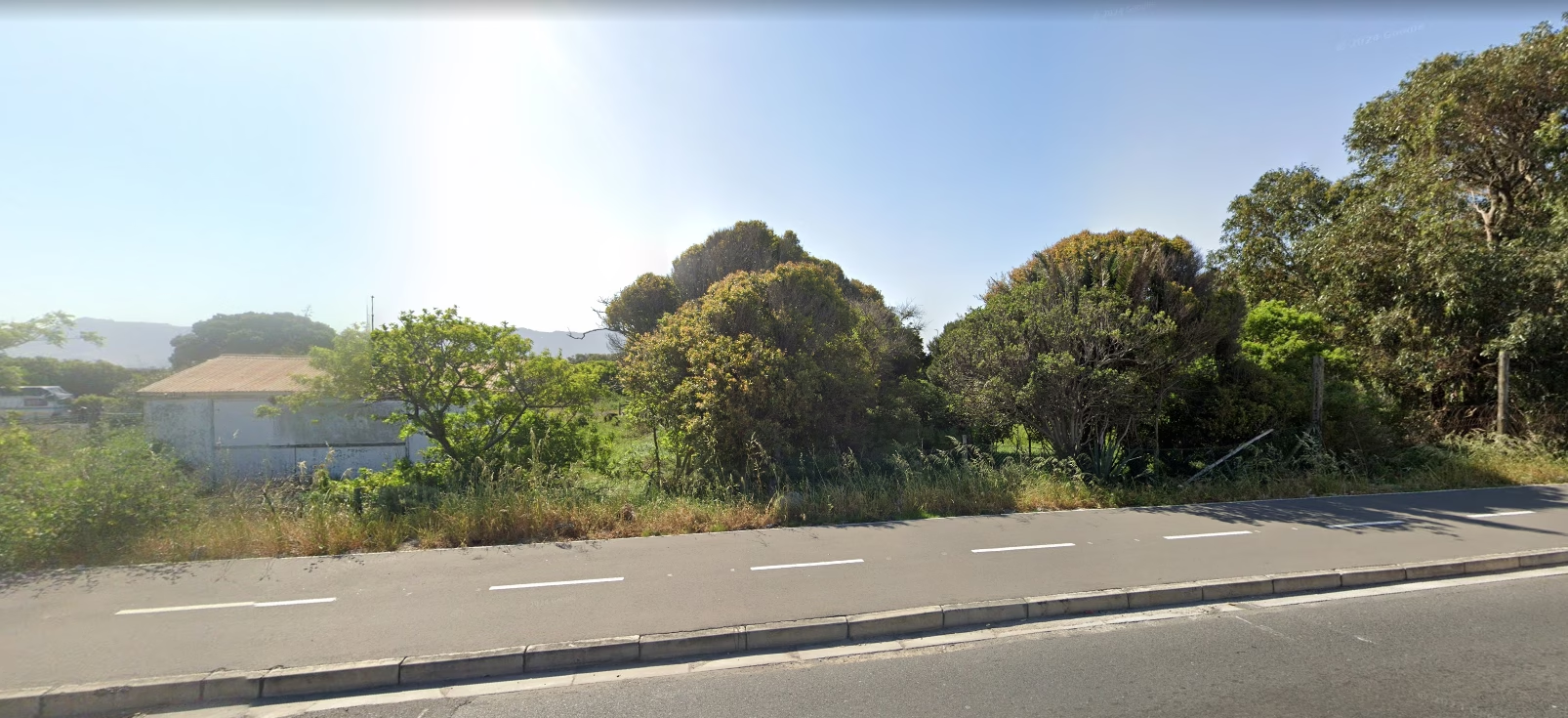Scores of residents and supporters gathered in Grassy Park on Friday, September 19, to demonstrate their concern over the future of the Gilray campsite. Positioned at the corner of Victoria Road and Prince George Drive, members of the Save Gilray Committee held up signs carrying messages such as
“Save Gilray,” “Hands off Gilray” and “Greedy Hands off Gilray”
.
The picket drew attention to the deterioration of the once-vibrant site, while also aiming to rally support from the wider community. According to organisers, nearly 300 signatures were collected from passing motorists who added their names in support of the committee’s appeal. Save Gilray Committee member David Benjamin described the mood on the day:
“We received a positive response from the community that is interested in preserving this space as a heritage site.”
A Site with Historical Roots
The Gilray property, positioned between Klip Road, Victoria Road and Prince George Drive, has been under the lease of the scouting movement since the 1950s. For decades, it functioned as a hub for scouting activities and community gatherings. Residents recall that the grounds once hosted Christmas parties and offered recreational opportunities for young people.
Grassy Park resident Moira Manuel, who has lived opposite the site since her teenage years, spoke about its legacy:
“When I moved to Grassy Park as a teenager, I used to see scout activity, and it used to host Christmas parties for the community.”
Ms Manuel added that residents are calling for Gilray to be more than a memory, insisting that it should again serve to uplift local youth.
Decay and Vandalism
In more recent years, however, the campsite has fallen into decline. Community members point to vandalised toilets and structures, broken fencing, and incidents of fire. Reports of alleged criminal activity have further tarnished the site’s standing. Since November, no scouting programmes have been active at Gilray, creating further unease about the future of the property.
The City of Cape Town previously considered developing a cemetery at the location, but the plan was abandoned after strong opposition surfaced during a subcouncil meeting.
The Committee’s Appeal
The Save Gilray Committee was formed after a community meeting in July, coordinated by the Special Action Committee Education group. The organisation, which has been active for just over a month, has positioned itself as the leading voice against the site’s potential disposal.
Mr Benjamin stressed the importance of providing alternatives for local young people:
“We need space for them, we can’t have them being gangsters because they have nothing to do, so we are hoping that the City of Cape Town can keep it as a heritage site.”
Another committee member, Terrence Klassen, voiced the group’s concerns about the City’s intentions and emphasised their demands:
“The information we received from the city council is that they will be meeting with various stakeholders and get back to us.”
Klassen added that the committee would like a full heritage impact assessment conducted before any decisions are finalised, fearing that the property may otherwise be sold or redeveloped.
City’s Position on Gilray
City spokesperson Luthando Tyhalibongo confirmed that the matter remains under review:
“This process includes consultations with various City departments to determine whether the property is required for operational purposes. Should it be deemed non-essential, it will be classified as surplus to the City’s requirements and disposed of through a competitive process.”
Tyhalibongo added that any disposal or redevelopment would only proceed through the statutory framework, which includes a public participation process. This, he said, ensures that the voices of local residents are factored into decision-making.
Environmental Concerns
Beyond questions of ownership and use, recent tree-felling on the site has raised further attention. Residents noticed the removal of large trees, leading to speculation about the motives behind the activity.
City mayoral committee member for spatial planning and environment, Eddie Andrews, clarified the reasons:
“The City is currently implementing control operations to get rid of invasive tree species like the Acacia saligna, Eucalyptus gum trees, certain pine trees, and Rooikrans trees.”
He explained that these actions align with the National Environmental Management: Biodiversity Act and its regulations regarding invasive species management.

















